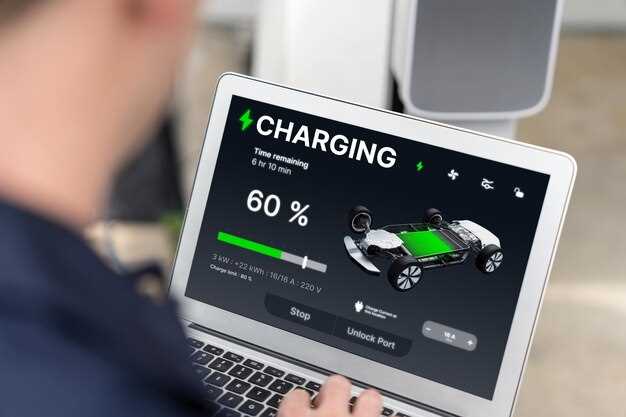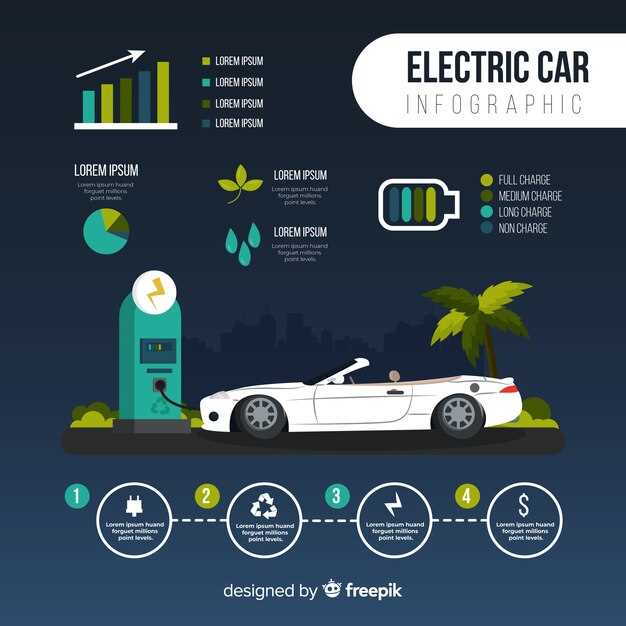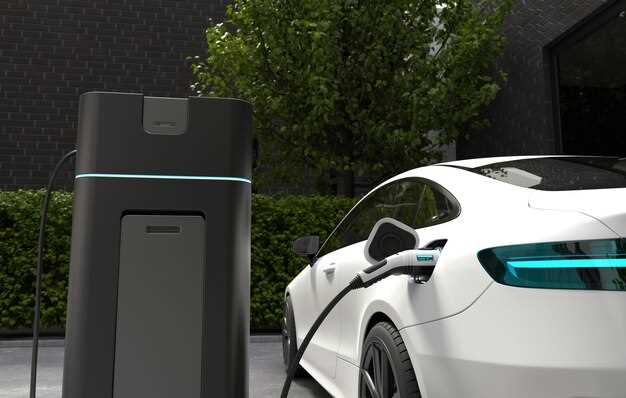
The growing adoption of electric vehicles (EVs) has transformed the automotive market, yet the issue of battery life continues to be a pivotal factor in assessing the overall value of these vehicles. A significant aspect driving the depreciation of an electric vehicle is the health and longevity of its battery. As prospective buyers evaluate used EV options, the condition of the battery becomes a key determinant of resale value, influencing both consumer decisions and market trends.
Battery performance is directly linked to an EV’s operational efficiency and range, two critical aspects for any electric vehicle owner. Over time, all batteries experience wear and tear, leading to a decline in their ability to hold a charge. This reduction in battery life can substantially affect the vehicle’s market appeal, as potential buyers often gravitate towards models that offer longer-lasting and reliable battery options. Consequently, the depreciation of an EV is closely intertwined with its battery health, making it essential for sellers to disclose accurate information regarding their vehicle’s battery status.
Furthermore, as the technology surrounding EV batteries advances, older models may suffer more significant drops in value compared to newer counterparts with superior battery innovations. The rapid pace of technological improvement can create a perception among consumers that older electric vehicles, despite being in good condition, may not deliver the same performance and reliability as newer models. Thus, understanding the relationship between battery life and resale value is crucial for both current EV owners and those considering an investment in the electric vehicle market.
How Battery Health Affects Market Pricing for Used EVs

The health of an electric vehicle’s (EV) battery plays a pivotal role in determining its market pricing, especially in the used car segment. As batteries age, they experience depreciation in both capacity and performance, leading to significant impacts on resale value. Buyers are increasingly aware that a battery’s state of health directly correlates with the vehicle’s overall functionality and longevity.
A vehicle with a well-maintained battery will generally command a higher price on the used market compared to those with degraded battery health. This is primarily due to the potential cost of battery replacement, which can be substantial, often exceeding several thousand dollars. As a result, potential buyers factor in these anticipated expenses when evaluating an EV‘s market price.
Furthermore, advanced technologies designed to monitor battery health have made it easier for consumers to assess the condition of an EV’s battery before making a purchase. Tools such as battery management systems provide detailed insights, influencing buyers’ perceptions and leading to adjustments in market pricing based on the reported battery capacity and health metrics.
In summary, the condition of an EV’s battery is a critical component in calculating its depreciation and, consequently, its resale value. As the demand for used electric vehicles grows, understanding the nuances of battery health will remain essential for both sellers and buyers in the marketplace.
Understanding Depreciation Rates in Electric Vehicles

Depreciation rates for electric vehicles (EVs) significantly differ from those of traditional gasoline-powered cars. One of the primary factors influencing this rate is the state of the battery. As the battery ages or loses capacity, the overall value of the EV tends to decrease more sharply than vehicles with conventional engines.
Typically, new EVs experience faster depreciation in the first few years due to high initial prices and advancements in technology that quickly make older models less desirable. The depreciation curve tends to flatten after this initial drop, but battery performance continues to play a crucial role. A well-maintained battery can significantly enhance resale value, while a declining battery can lead to steeper losses.
Additionally, the availability of government incentives and the growing shift towards sustainable energy solutions can influence demand and, consequently, depreciation rates. As more consumers embrace EV technology, those models that offer superior battery life tend to retain their value better, showcasing a clear relationship between battery life and resale potential.
In conclusion, understanding how depreciation rates are affected by battery longevity is essential for EV owners. Regular maintenance and awareness of how battery health can impact overall vehicle value are crucial in making informed decisions about purchasing and selling electric vehicles.
Key Factors Influencing Battery Longevity and Buyer Confidence
Battery longevity in electric vehicles (EVs) is a critical component that significantly impacts resale value. Several key factors contribute to the overall lifespan of EV batteries, affecting not only their performance but also buyer confidence.
Firstly, the chemistry of the battery plays a vital role. Most EVs utilize lithium-ion batteries, which offer excellent energy density and cycle stability. The specific composition of the battery, including the materials used in the cathode and anode, can influence how well the battery withstands charge cycles over time. Innovations in battery chemistry aim to enhance longevity and reduce degradation.
Temperature management is another crucial factor. EV batteries are sensitive to extreme temperatures. Proper thermal management systems help maintain battery temperature within an optimal range, preventing overheating and excessive cold exposure, both of which can accelerate deterioration. Buyers look for EVs equipped with effective cooling and heating systems, as these can lead to more reliable battery life.
Charging habits also significantly impact battery health. Frequent fast-charging can lead to quicker degradation compared to regular charging practices. Educating potential buyers about optimal charging strategies can foster confidence in the vehicle’s long-term viability. Moreover, advancements in charging technology allow for smarter charging protocols that optimize the battery’s lifespan while providing convenience.
Maintenance history is a determinant of battery longevity as well. Regular check-ups and adherence to manufacturer recommendations can mitigate potential issues that may arise during the battery’s lifespan. A transparent maintenance record enhances buyer confidence, as it indicates the EV has been well cared for and is likely to perform better after resale.
Lastly, warranty and support from manufacturers provide assurance to potential buyers. A comprehensive warranty covering battery performance for an extended period can significantly influence purchase decisions. It gives buyers peace of mind regarding battery longevity, thus impacting the resale value positively. As the market for used EVs grows, these key factors will continue to shape buyer perceptions and confidence in battery performance and longevity.




